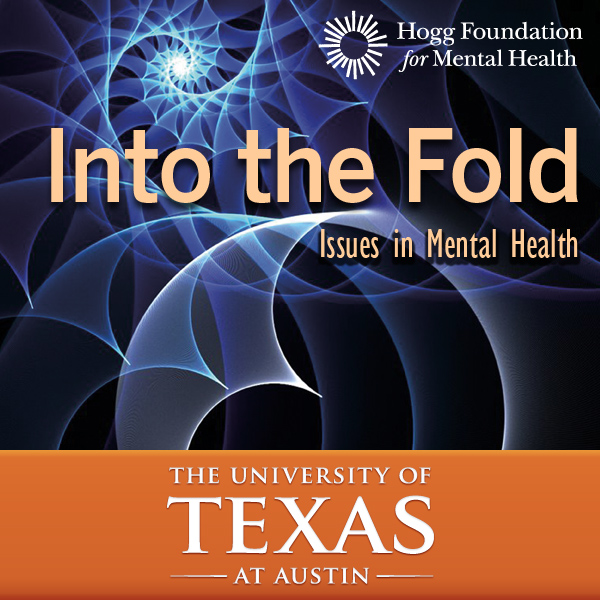
by Ike Evans
As peer support continues to come into its own as a professional discipline, its most enthusiastic proponents are taking up the challenge of making sure that its innovative edge is not blunted. The ever greater elaboration of peer support standards and practices seems to go hand-in-hand with a deeply felt need to preserve the original concept’s disruptive promise.
Chacku Mathai, CPRP, director of the NAMI Star Center, spoke to all of that and more during his warmly received plenary address at Robert Lee Sutherland Seminar XVIII. On this episode of Into the Fold: Issues in Mental Health, our monthly podcast, Chacku drives home the point that peer support isn’t just a newer, better approach to treating the individual. In fact, it’s an all-encompassing ethic that aims at nothing less than systems transformation.
Chacku further throws down the gauntlet by arguing that peer support is rendered toothless if it doesn’t also take up issues of power and privilege:
Power — the loss of power, the loss of our ability as individuals and as a movement to speak for ourselves, was how we emerged in the first place. There is no way to have a recovery process emerge without a recognition of my self-determination, my sense of power, my ability to use that power. And then, as a leader in the peer support community or as someone who’s trying to deliver peer support, I need to be conscious of my own power and privilege, as well as my marginalization and sense of oppression, because those are all buttons that get pushed.
Learn more about our podcast and check out other episodes!
